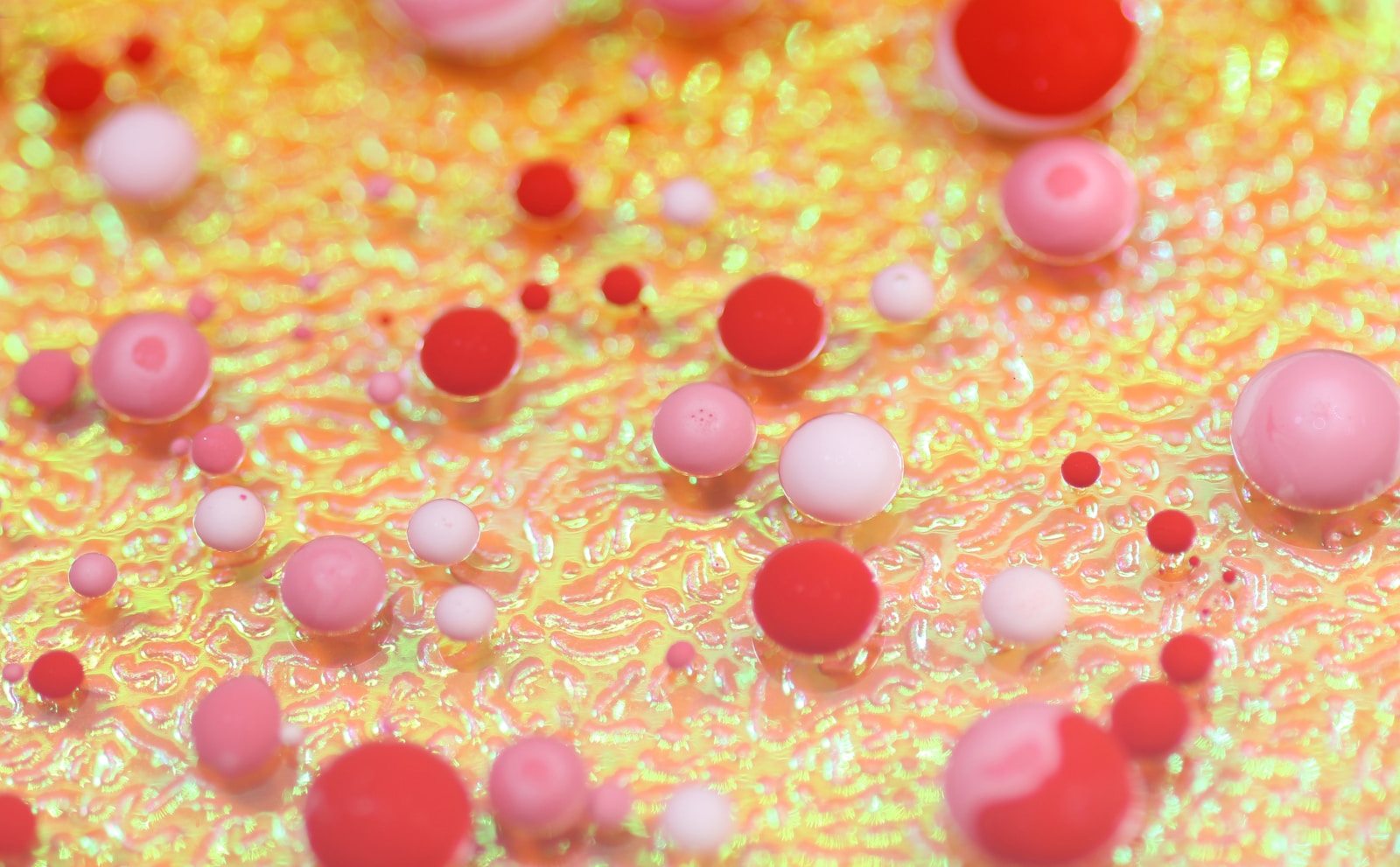Key Takeaways:
- Finland is increasing egg donor compensation from 250 to 350 euros.
- More people want donor eggs and sperm than those willing to donate.
- Experts warn of health risks to women donating eggs.
- IVF processes raise ethical concerns about embryo creation and destruction.
The Decision to Increase Donor Pay Finland is trying to tackle its record-low birth rate by offering more money to women who donate their eggs. The government hopes this will encourage more people to donate and help those struggling to conceive. Currently, donor eggs and sperm are in high demand, but there aren’t enough donors to meet the need.
The new plan increases compensation for egg donors from 250 euros to 350 euros. Plus, the government will provide more support for women dealing with miscarriages or fear of childbirth.
The Problem: Not Enough Donors Organizations like Simpukka, which supports people facing infertility, praise the move but say it’s not enough. Piia Savio, Simpukka’s executive director, notes that birth rates are at an all-time low, yet waiting times for donor treatments are unreasonably long. Many people waiting for treatment reach age 40 and are denied help.
“Finland’s shortage of donated gametes is unsustainable for individuals and society,” Savio said.
Jenni Huhtala, another expert at Simpukka, added, “The government must take concrete steps to support donor cell treatments.” Without enough donors, many people who wish to have children may never get the chance.
The Risks of Egg Donation While the government is pushing for more donors, experts warn that egg donation carries serious risks. Many women who donate eggs aren’t fully informed about these dangers.
Studies show that about 30% of egg donors experience a condition called Ovarian Hyper Stimulation Syndrome (OHSS). This can cause pain, swelling, and even life-threatening complications. Other risks include infections and long-term health problems.
Some clinics push donors to produce as many eggs as possible to increase profits. This can lead to dangerous overstimulation. For example, some donors are pushed to produce 80 eggs in one cycle, far beyond the recommended 15-20 eggs.
Ethical Concerns with IVF Donor eggs and sperm are often used in IVF (In Vitro Fertilization), a process that raises ethical questions. IVF involves creating embryos in a lab, which are then graded for quality. Many embryos are frozen, and some are destroyed.
Dr. Lauren Rubal, a specialist in reproductive medicine, explains, “An embryo is a human being at the earliest stage of development.” She points out that creating multiple embryos to increase the chances of a successful pregnancy often means some embryos are destroyed.
“This is the fundamental ethical issue with IVF,” Rubal said. “It involves the destruction of human life.”
The Bottom Line While many people want to have children, the cost to women who donate eggs and the ethical issues tied to IVF can’t be ignored.
Experts like Diane Tober, who studies egg donation, warn that clinics often put profits over safety. She’s seen donors being used far beyond safe limits, with some donating 19 times or producing 80 eggs in one cycle.
Without better regulation, the risks to women and the ethical concerns surrounding IVF will only grow.
What You Can Do If you or someone you know is considering egg donation, make sure to fully understand the risks and ethical implications.
For those struggling with infertility, organizations like Simpukka offer support and resources.
As Finland and other countries grapple with low birth rates, it’s crucial to balance the desire for more babies with the rights and safety of women and the ethical treatment of human life.
